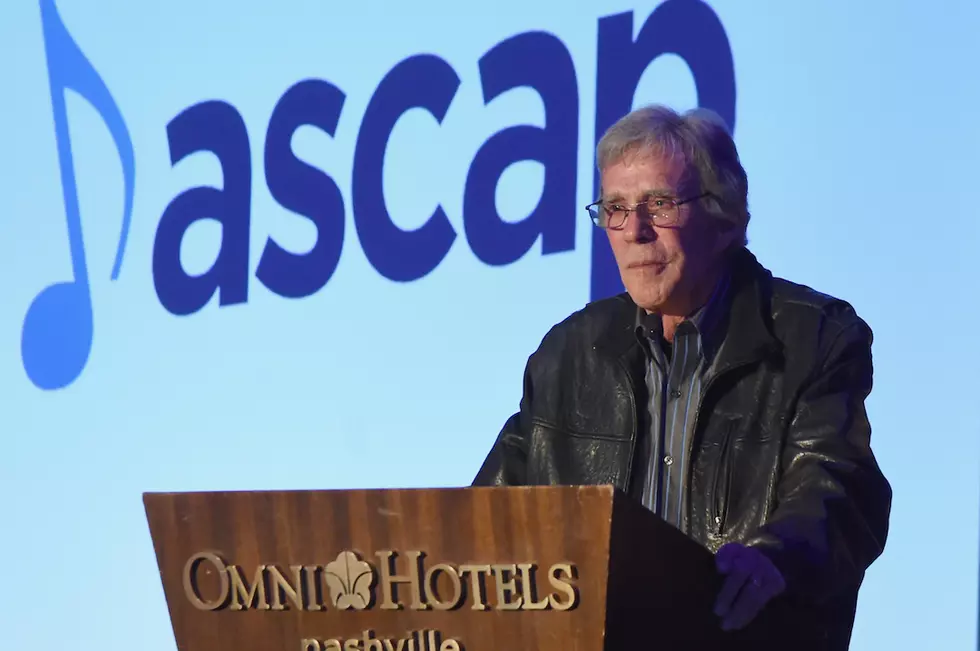
MSU Center Receives $10.7 Million to Continue Work to Reduce Health Disparities in Native and Rural Communities
BOZEMAN — The National Institutes of Health has awarded a five-year, $10.7 million grant to the Center for American Indian and Rural Health Equity at Montana State University, or CAIRHE, to continue its mission to reduce health disparities in Native and rural communities through community-based participatory research.
Founded in 2014, the center concluded its first five-year Centers of Biomedical Research Excellence grant from the NIH earlier this year. Following a competitive renewal process, CAIRHE received its latest five-year grant effective Sept. 1.
Dr. Alexandra Adams, the center’s director and principal investigator, said CAIRHE has become a major contributor to health equity research in the state in a short time.
“The public health challenges in rural and Native communities across our state are too much for any one entity to address,” she said. “Working with our partner communities, CAIRHE can act as a hub to bring stakeholders together for lasting change and positive health outcomes.”
In its first five years, the center has built a multidisciplinary network of researchers, faculty mentors and students that spans five colleges and half a dozen departments at MSU, Adams said. In addition to funding multiple faculty research projects and smaller pilot projects, CAIRHE mentors its junior faculty investigators to become independently funded researchers who hold the highest level of grant funding from the NIH or other national grant-awarding agencies, she added.
In the past year, CAIRHE founded the Translational Biomarkers Core Lab in MSU’s Health Sciences Building, providing state-of-the-art services to assess a wide range of biomarkers related to public health research, including inflammation, oxidative stress, hormones and nutrition analytes. The center also introduced the Health Education and Research Bus, or HERB, a 25-foot RV customized as a mobile laboratory for health equity research and outreach in Montana’s remote areas.
Both the Translational Biomarkers Core and HERB are available to other MSU researchers as part of the university’s growing research infrastructure, Adams said.
“Both facilities are unique at MSU and are among the many ways that CAIRHE hopes to distinguish itself over the next five years,” she said.
CAIRHE has cultivated a statewide and national network of research partners across the public health spectrum — from communities to health providers and other stakeholders — which it calls the Health Equity Network. One notable outcome of that collaboration is CAIRHE’s recent participation in a special report, “C2H2: Impacts of Montana’s Changing Climate on Human Health,” being produced by more than 40 partners for release in the summer of 2020.
More From K96 FM









